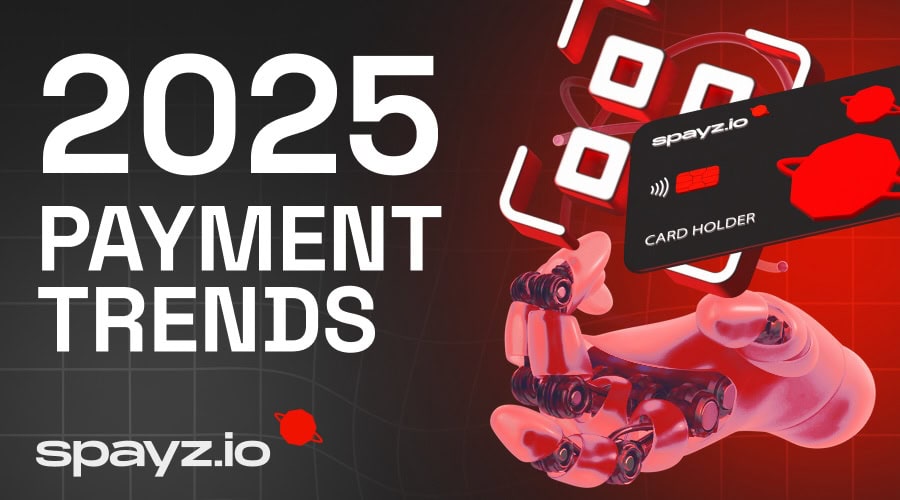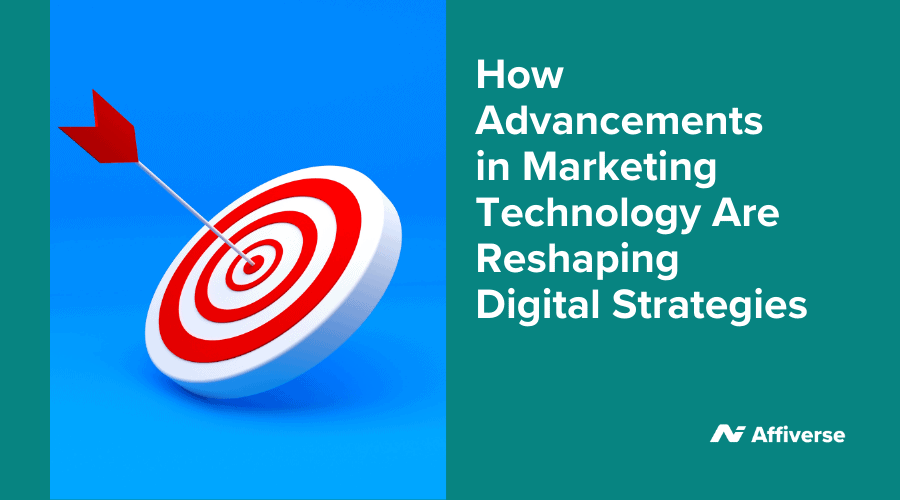In a case that could reshape affiliate marketing, influencers Jesika Brodiski and Peter Hayward have filed a lawsuit against financial giant Capital One. The influencers allege that Capital One’s Shopping browser extension unfairly redirected affiliate marketing commissions by overwriting their tracking cookies with its own. This legal battle raises serious questions about how affiliate commissions are tracked and who ultimately gets paid for driving online sales.
At the heart of the case is a growing concern in the affiliate marketing industry: attribution. As brands and marketers pour billions into influencer partnerships, disputes like this highlight the need for clearer, more transparent systems to ensure fair compensation.
The allegations against Capital One
According to the lawsuit, Brodiski and Hayward claim that Capital One’s Shopping browser extension—designed to help users find discounts and cashback offers—was intercepting affiliate links from influencers and replacing their cookies with its own. This meant that when a user clicked on a product link shared by the influencers, Capital One’s extension would activate, claim the purchase as its referral, and pocket the commission.
For influencers whose income relies heavily on affiliate marketing, this practice is more than a technical oversight—it directly impacts their earnings. If proven true, it suggests that Capital One profited from content created by influencers without providing them with the commissions they earned.
Understanding how affiliate marketing works
Affiliate marketing is a widely used performance-based strategy where businesses pay affiliates (like influencers, bloggers, or websites) a commission for driving sales or leads through unique tracking links. When a consumer clicks an affiliate link and makes a purchase, the affiliate receives a percentage of the sale as a reward.
This system depends on tracking cookies—small pieces of data stored in the user’s browser that identify which affiliate referred them to the purchase. If another program or extension overrides these cookies, the original affiliate loses out on their commission.
In this case, Brodiski and Hayward argue that Capital One’s Shopping extension was automatically activating and overwriting their tracking cookies, effectively stealing credit for sales they rightfully generated.
Why this case matters for influencers and affiliate marketers
This lawsuit shines a spotlight on a longstanding issue in affiliate marketing: the complexity of attribution and the challenges of protecting commissions. Many influencers rely on affiliate marketing as a key revenue stream, using their platforms to promote products and earn income through sales they generate.
If large corporations can override affiliate links and claim commissions, it could undermine trust in the entire system. Influencers invest time and creativity in building audiences and promoting products authentically. When their earnings are compromised by third-party tools, it threatens the sustainability of influencer marketing as a viable business model.
This case could also have wider implications for how browser extensions and cashback apps operate. Many such tools, designed to offer consumers savings, may unknowingly or deliberately disrupt affiliate tracking systems. If Brodiski and Hayward succeed, it could force companies to rethink how these extensions interact with affiliate links.
The bigger problem of cookie overwriting
Cookie overwriting isn’t a new issue in affiliate marketing, but this lawsuit brings it into sharper focus. Some browser extensions, coupon sites, and cashback programs automatically activate affiliate links when a consumer visits a retailer’s website.
While this benefits consumers through discounts, it creates a grey area for affiliates. When a shopper uses a discount tool, the commission might be credited to the extension provider instead of the original promoter, even if the affiliate did the hard work of driving the customer to the product.
This practice raises concerns about fairness and transparency. Affiliates argue that this behaviour diminishes their role in the marketing process, leaving them unpaid for their efforts.
Calls for greater transparency in affiliate marketing
This case is likely to renew calls for clearer guidelines and better technology to protect affiliates. Influencers and marketers are pushing for greater transparency in how affiliate commissions are tracked and paid.
One solution could involve strengthening affiliate programme policies to prevent cookie overwriting or requiring clearer disclosures from browser extensions and cashback apps about how they interact with affiliate links.
Affiliate networks might also invest in more secure tracking systems, such as first-party cookies or blockchain-based tracking, which could reduce the risk of interference from third parties.
For brands, this case serves as a reminder to ensure their affiliate programmes are fair and that partners are compensated properly. It also encourages them to audit how browser extensions and third-party tools interact with their websites.
What happens next?
As the lawsuit against Capital One progresses, the outcome could have lasting effects on affiliate marketing and influencer partnerships. If the influencers win, it may lead to stricter regulations on how browser extensions handle affiliate links and commissions.
Alternatively, it could push tech companies to develop more robust systems to protect influencers and content creators from similar issues. Brands might also reconsider how they structure affiliate deals to prevent interference and ensure that those driving sales are fairly rewarded.
This case is more than a dispute between influencers and a major corporation—it’s a wake-up call for the entire affiliate marketing industry. It highlights the need for better protections, fairer practices, and more transparent systems to ensure that creators, marketers, and affiliates are paid for the value they bring.
As affiliate marketing continues to grow, how this case unfolds could shape the future of the industry.




















